The False Promise of Net Zero
Net zero is not zero. Greta Thunberg amusingly demonstrated this with a pledge to go net zero on swearing.
Whether it's overproducing solar during the day but still burning coal at night, or planting trees but still drilling for oil, or counting on some unproven carbon capture technology but still burning gas, net zero - or carbon neutral - is most often a greenwashing term to let us keep emitting greenhouse gases (GHGs).
It is suspected that a carbon-neutral target is the reason that Bill Gates' investment firm, Cascade Investment, is now the largest private owner of farmland in the U.S. And recently Xcel Energy announced a nonsensical goal to have "net-zero natural gas" by 2050, even while they described it as merely reducing methane emissions by using low-emission suppliers. Even the City of Boulder's new, more aggressive climate goals include being net zero by 2035, though to its credit it also aims to reduce emissions as much as possible and eliminate fossil fuels.
It's also the reason for carbon offsets. For every pound of carbon you release, plant a tree. Except there aren’t enough trees in the world to offset society’s carbon emissions – and there never will be. Trees do need to be planted, but carefully and intentionally - not by cutting down an old-growth forest to make room for fast-growing trees to use as biofuel or replacing a peat bog that sequesters even more carbon.
Just as bad is the promise of net zero via carbon capture and sequestration (CCS) technology, described more aptly as a dangerous trap. Many models project a path to net zero based on the assumption that these technologies will work. Except they don't. They require more energy to run, are expensive (and at scale are outrageously expensive), and are even being used to extract yet more fossil fuels, which is the exact opposite of the goal. Even if the new, supposedly zero-emission Allam-Fetvedt Cycle gas plants succeed - including one being built in Colorado - they still don't prevent the emissions released from extraction and transport.
Yes, carbon drawdown is an important piece of the puzzle, but it should be a separate effort like Boulder County's, without perverse incentives to reach some net-zero label. It should focus on natural means - such as Boulder's intent to use local, natural carbon sequestration techniques like regenerative agriculture - and, if necessary, technological solutions that don't depend on fossil fuels.
At best, net zero is a catchy phrase on the way to the actual work of trying to eliminate a company's or city's or country's GHG emissions as quickly as possible, at worst it's an excuse to keep polluting and even make things worse. The only real way to know how we’re doing on reducing our emissions is to just measure our emissions.
